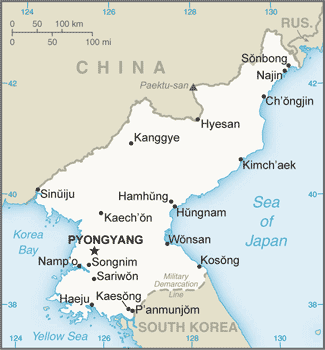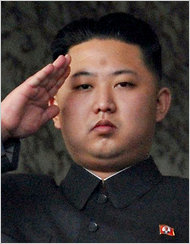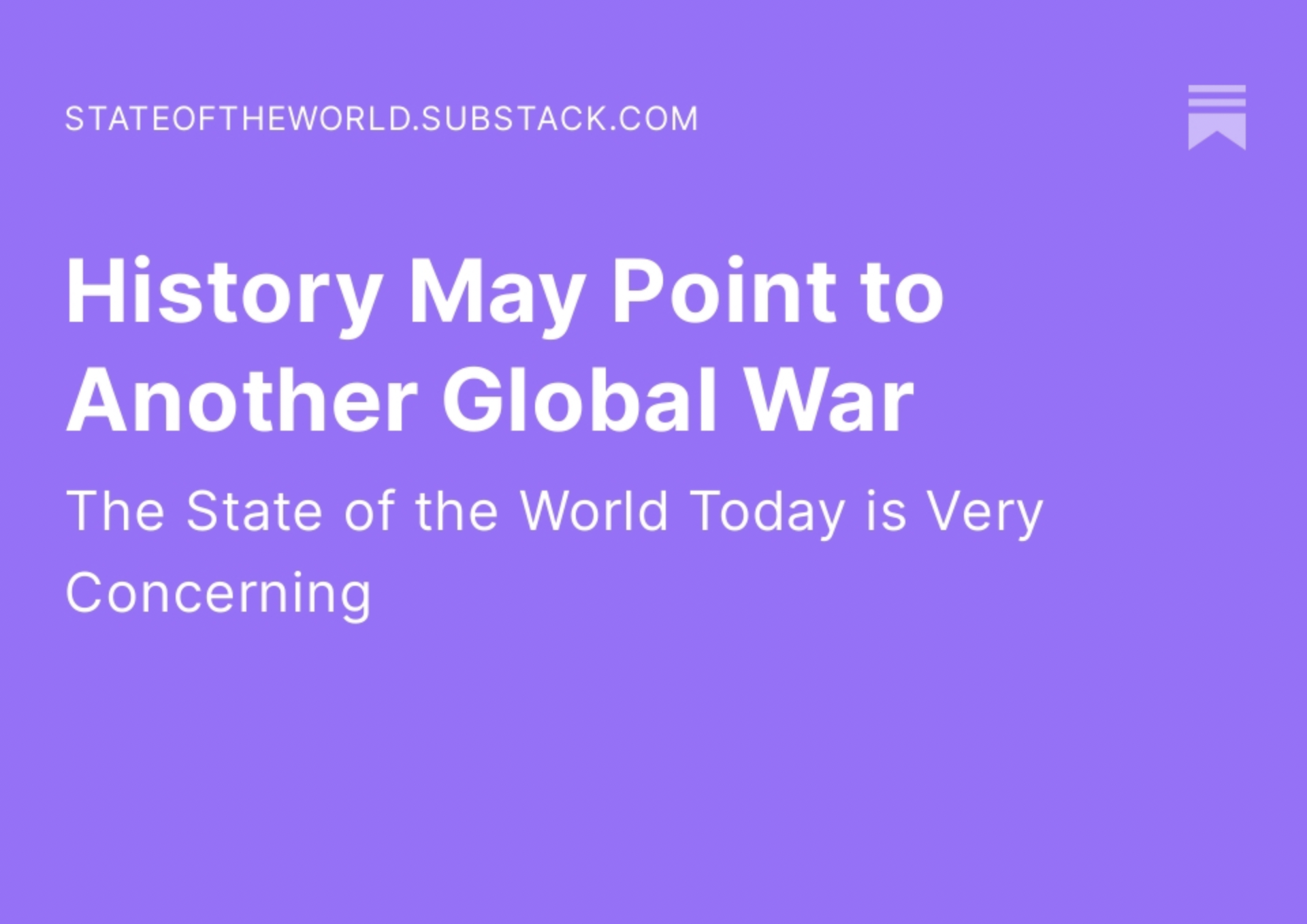
The Unending War: The Korean War’s 70th Anniversary
The Unending War: The Korean War’s 70th Anniversary
Today marks the 70th anniversary of the beginning of the Korean War. While the war began on June 25, 1950 with the North Korean invasion of South Korea, this is a war that really never ended, and still threatens to erupt in major military conflict again.
The war in Korea was an unusual and unique conflict in many regards, not the least of which is the fact that the war technically never ended, but is only on a hiatus with an armistice. And, unlike many other more “typical” wars, the non-outcome of the Korean War continues to haunt East Asia, the United States, and, in a sense, the whole world.
When North Korea’s Communist dictator, Kim Il-Sung launched his invasion of South Korea on June 25, 1950, he set in motion a conflict that would engage much of the world. By the end of 1950, the United States and over a dozen other nations, including the United Kingdom, France, Canada, Australia, Turkey, and other members of the so-called Free World, were fighting to preserve South Korean independence under the authority of the United Nations. Also, by the end of 1950, the world’s most populous nation, China, entered the war on the Communist side. And, as this conflict was a significant component of the new Cold War, the Soviet Union was heavily involved, providing material, moral, and diplomatic support for the Communist war effort. In a little-known fact, Soviet pilots were aiding the North Koreans by flying North Korean warplanes as they battled the UN air forces. All this made the Korean War a potential starting point for a new World War, with potentially disastrous consequences as both the U.S. and the Soviets possessed atomic bombs by then. Millions of people died in the Korean War, including over 33,000 American troops.
The Korean War, while very significant historically, is often left out of the popular consciousness in America because it is sandwiched between the successful and relatively popular Second World War and the unsuccessful and unpopular Vietnam War. This is despite the fact that, in many ways, the Korean conflict, and the fact that it never truly ended, has had more far-reaching effects on world history and the current world situation than the Vietnam War or most of the other Cold War conflicts fought by the U.S. and her allies. For example, the survival of the North Korean regime allowed the Kim family dynasty of dictators to develop nuclear weapons, with which they now threaten and harass not just South Korea, but also Japan and the United States. In addition, the North Koreans are known proliferators of their nuclear technology, with known links to the nuclear programs of Pakistan, Iran, and Syria.
Every few years, actual combat breaks out between North and South Korean forces, always as a result of a North Korean provocation. In the 1960s, the U.S. and South Korean troops along the Demilitarized Zone (DMZ) separating the two warring Koreas, waged a defensive war against North Korean infiltrators for several years in what is now called “The DMZ War.” In 1968, North Korean forces seized a U.S. naval ship, the USS Pueblo, and held the crew captive for nearly a year. In the 1970s, North Korean troops attacked some American soldiers with axes, causing American fatalities. In the 1980s, a North Korean submarine landed a large force of commandos inside South Korea, leading to running gun battles throughout the South Korean countryside. In the 21st Century, North Korea has sunk a South Korean naval ship, and bombarded a South Korean island with an artillery barrage. While these Korean border conflicts continue to occur, the actions and statements of the mysterious and perhaps unstable North Korean leader leaves the world wondering just what North Korea may do next.
North Korea is now ruled by a Kim of the third-generation of dictators. Under the latest Kim, frequent threats of war against the United States, South Korea, and Japan are an almost monthly occurrence. The Korean War began in the hills and fields of Korea 70 years ago. It is still being fought in many ways today, June 25, 2020. Except that while the weapons of 1950 were for the most part leftovers from World War Two, the weapons of today, with which Kim Jong-Un, the North Korean tyrant, threatens to use on his neighbors and enemies, are the weapons of the long-feared Third World War.
Unfortunately, there is no easily seen solution to this ongoing instability in Korea. A new (or rather, a continued) Korean War in the 21st Century would be exponentially more destructive and deadly. Will this same situation threaten the world when we come to the 75th anniversary of the war’s start? The 80th anniversary, or do we need to fear the next generation of Kim dictators at the 100th anniversary of the Korean War? Only time will tell, but the threat of a new, nuclear Korean War may always be with us.
Sources on the Korean War’s ongoing issues, from Historyguy.com:
http://www.historyguy.com/korean_border_conflicts.htm

